Shabana Azmi Doesn't Pull Punches While Speaking On Women In Hindi Films, Nepotism And 'Item Songs'
Sat 25 Mar 2017, 14:42:49
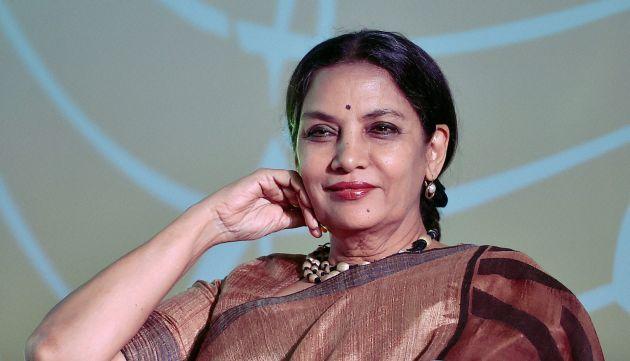
In her 40-year-long acting career, a majority of the cinematic choices Shabana Azmi has made reflect her fierce convictions and the causes close to her heart---mainly, women's rights and the fight against communalism. As Azmi gears up for her upcoming movie Sonata, directed by multiple National Award-winning director Aparna Sen, she talks to HuffPost India about the health of the democracy, the nepotism in Bollywood and the evolution of women in Bollywood.
You're working on a film about middle-aged women's friendships. Isn't it odd that such a natural subject took so long to be explored?
It is. But where have the women been visible in cinema, before now? Earlier, our "women-oriented" films were movies called Main Chup Rahungi. So it didn't matter that the female actor was the lead protagonist, her character was being used to tell us that silence is a virtue in women. There were all these stereotypes: the suffering wife, forgiving mother, understanding sister. There was also a very clear division between the heroine and the vamp, where all the virtue was invested in the heroine, and because of our colonial history, the vamp was someone who was safely blue-eyed and golden-haired, a foreigner you could lust after, if need be.
If you saw a Hindi film until even 10 years ago, you would think that Indian women basically wear yellow chiffon saris and dance in the Alps.
Then a spate of movies followed that were all about Jeene Nahi Dungi, Zakhmi Aurat, Insaaf Ki Devi, etc., supposedly feminist films but basically women being as cardboard as men. Working women were completely invisible from Hindi cinema. If you saw a Hindi film until even 10 years ago, you would think that Indian women basically wear yellow chiffon saris and dance in the Alps. It was left to art cinema to delve into the complexities of women, while mainstream films continued in their lethargic portrayal of women.
Why do you think Bollywood has persisted in portraying women so poorly for so long?
In India, mythology still plays a very vital and vibrant role in the shaping of our heroes and idea of virtue. So Ram as the ideal husband and Sita as the quietly acquiescent
wife have been upheld as the models of virtue by Bollywood producers because they are required to cater to the lowest common denominator in society. Their intention is not to bring about social change, their intention is to reach out to as many people as possible.
wife have been upheld as the models of virtue by Bollywood producers because they are required to cater to the lowest common denominator in society. Their intention is not to bring about social change, their intention is to reach out to as many people as possible.
So what, according to you, has changed?
I think a big part of the credit goes to mainstream women actors. They've realised the worth and virtue of playing strong characters, rather than spending their entire careers in the pursuit of glamorous roles. Look at the courage in Vidya Balan's choices. Look at Kangana Ranaut, Deepika Padukone, Priyanka Chopra and Alia Bhatt. I am amazed when young women like Anushka Sharma have the gumption not just to act in, but produce unusual films. She's a producer of regional cinema when it would be so easy to bag safe and easy mainstream Bollywood films. These women are inspiring, honestly.
I am amazed when young women like Anushka Sharma have the gumption not just to act in, but produce unusual films.
The second thing is that society itself has changed so rapidly. The feminist movement all over the world, started reflecting in India. And some of it trickled down, as it was inevitable, in the shaping of the women characters in our own films. But ultimately, how successful these films are at the box office will determine how many more such films will be made.
You say things have changed, but I feel stereotypes have just shifted. Earlier, there was the Madonna-whore binary, now a "strong" woman is someone who drinks, smokes and has indiscriminate sex. Is that really so much better?
We are at the cusp of change right now. We have understood that the subservient woman is no longer an accurate representation. There is a great desire among creative people to create characters that resonate with today's sensibilities. But exactly who this new independent woman is, and how much freedom can she be given, is still being negotiated. By "allowing" her to smoke, drink and sleep around, and yet not be considered a woman of easy virtue is an invasion at the moment and you need to see how far you can push.
No Comments For This Post, Be first to write a Comment.
Most viewed from Entertainment
AIMIM News
Latest Urdu News
Most Viewed
May 26, 2020
Can Lionel Messi's visit boost Indian football?
Latest Videos View All
Like Us
Home
About Us
Advertise With Us
All Polls
Epaper Archives
Privacy Policy
Contact Us
Download Etemaad App
© 2026 Etemaad Daily News, All Rights Reserved.

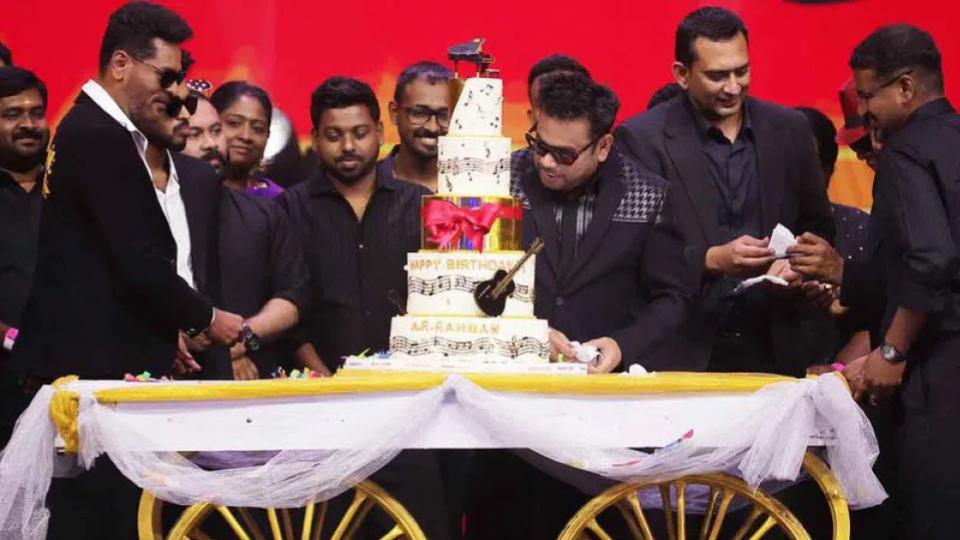

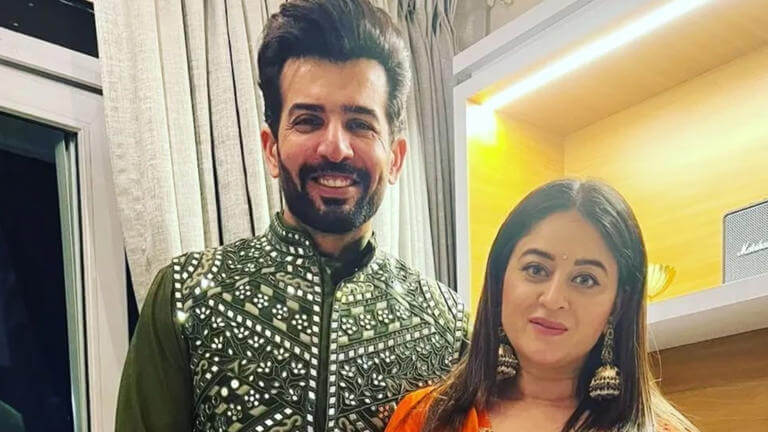





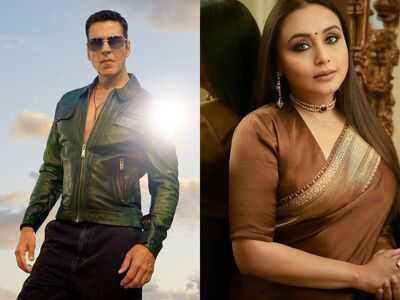
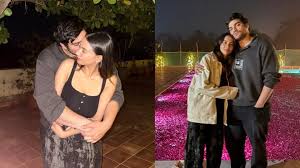



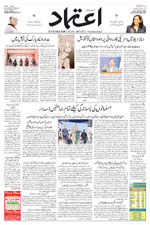










.jpg)
.jpg)
.jpg)


